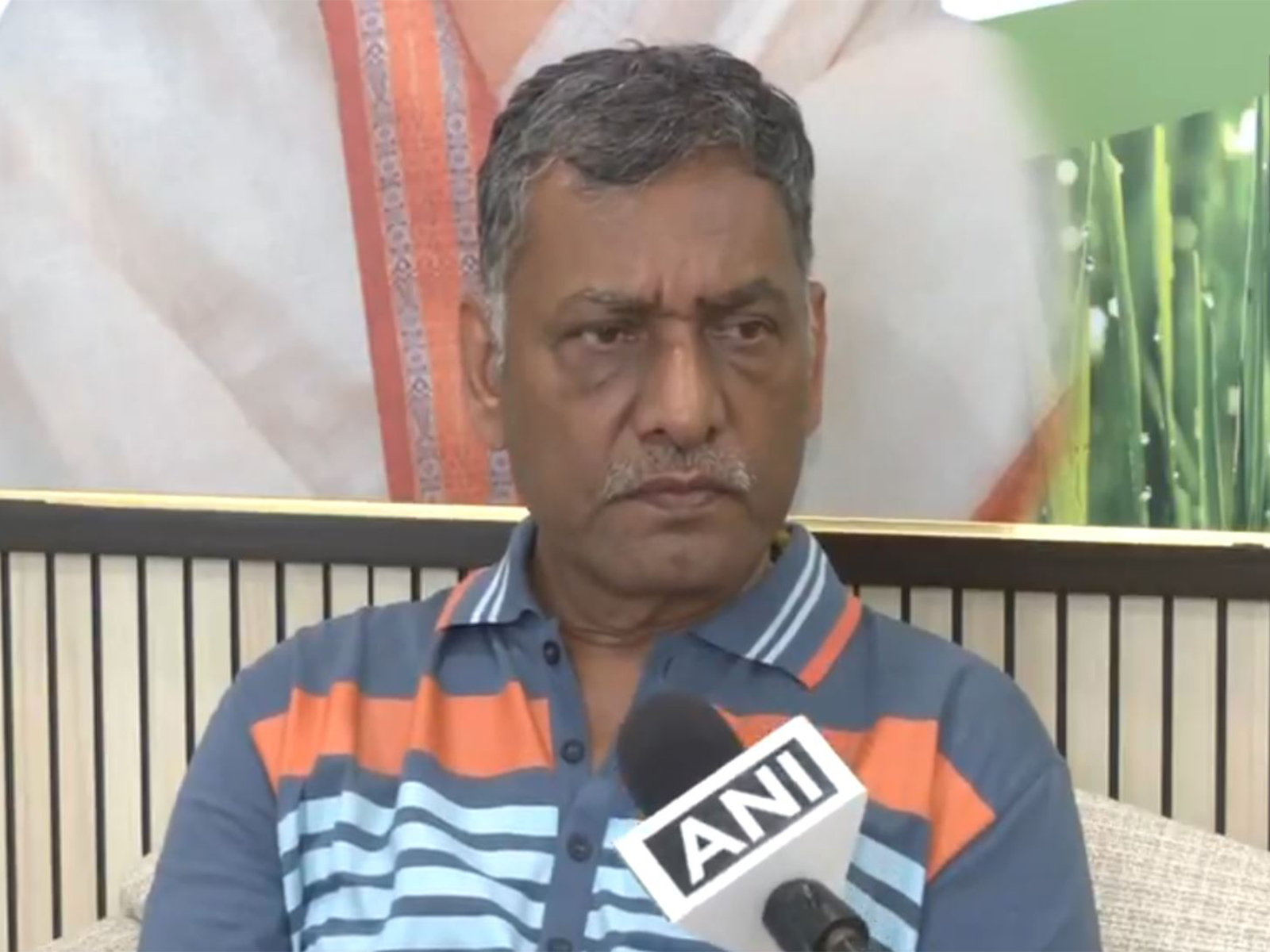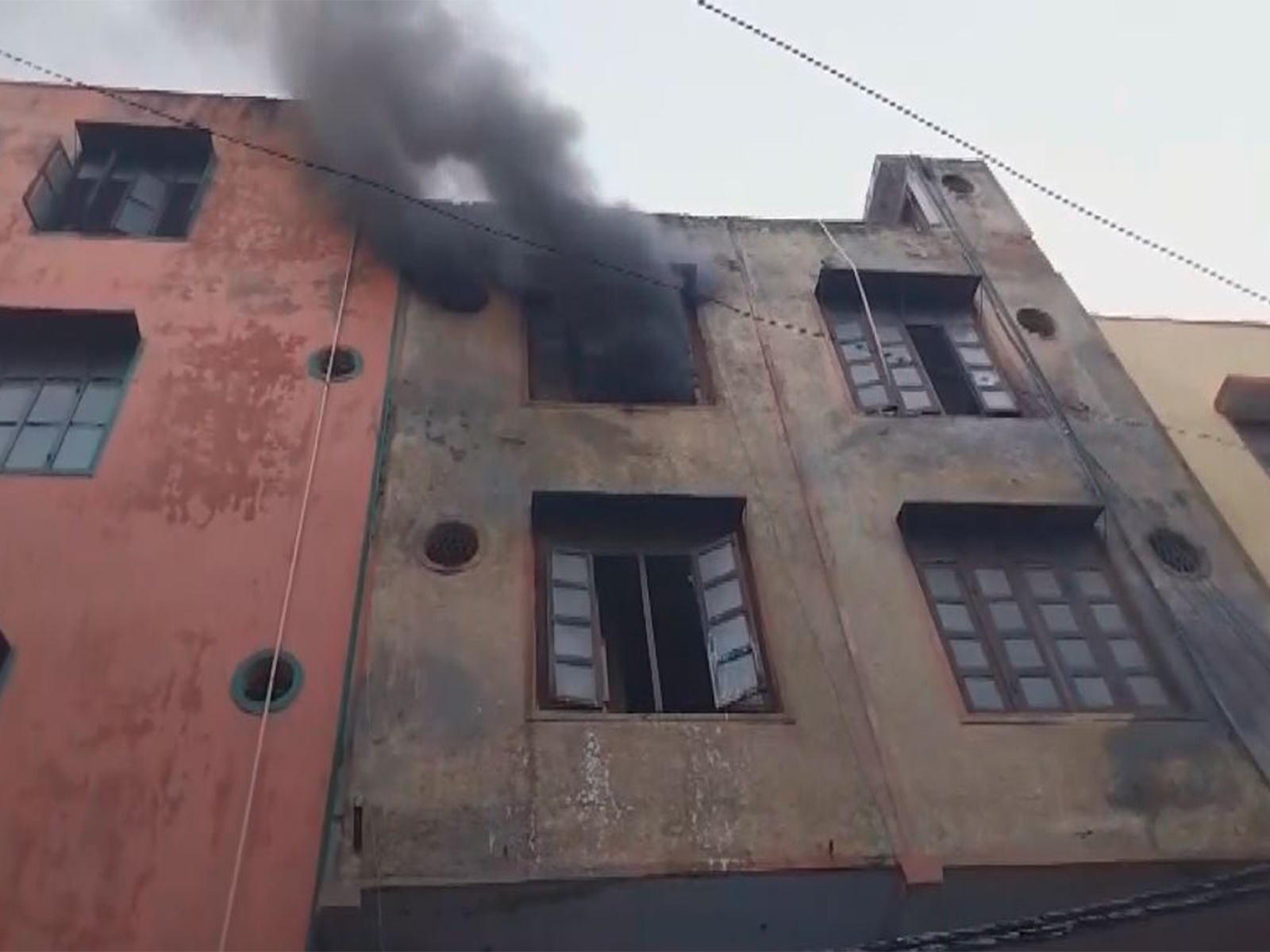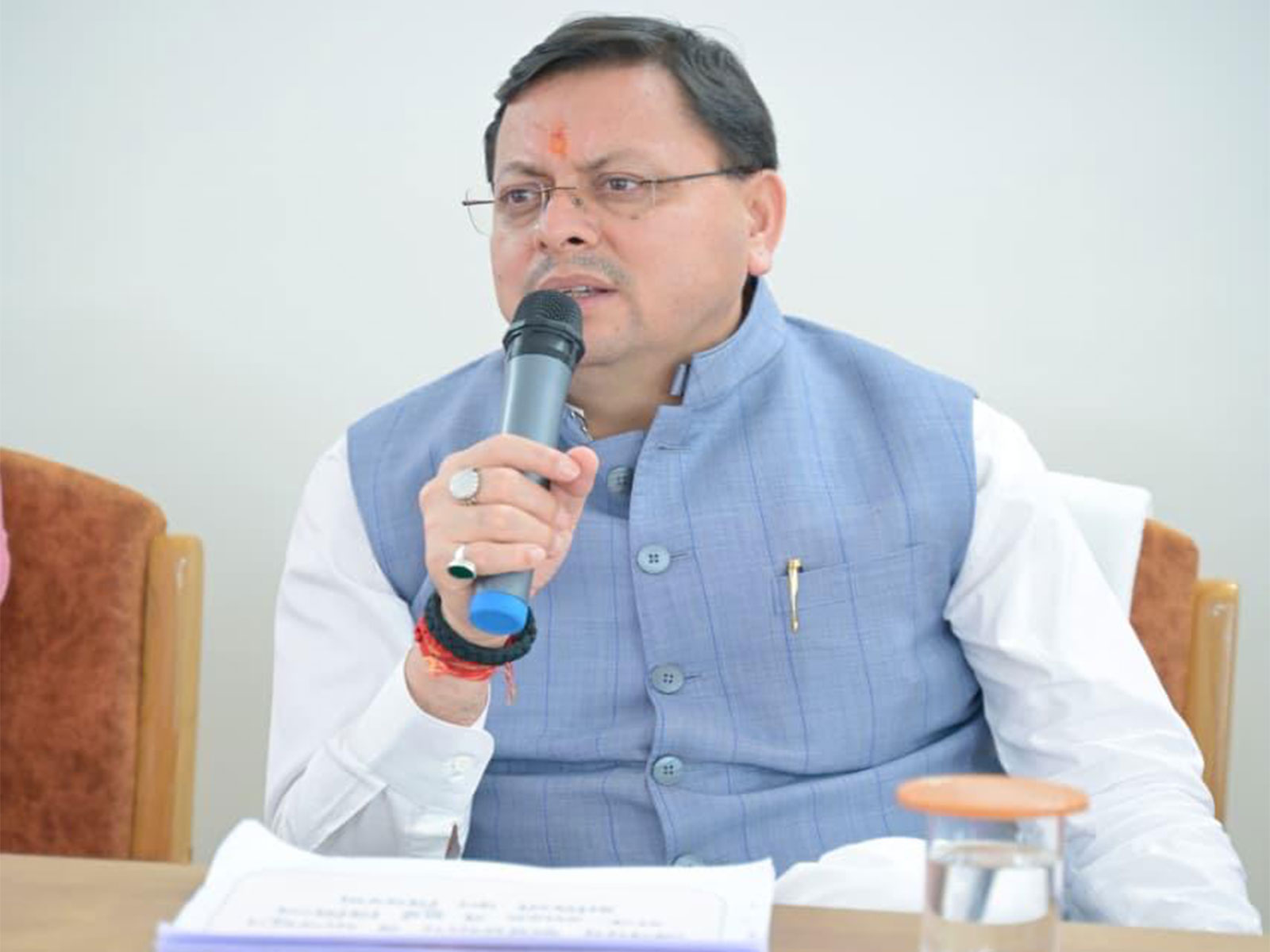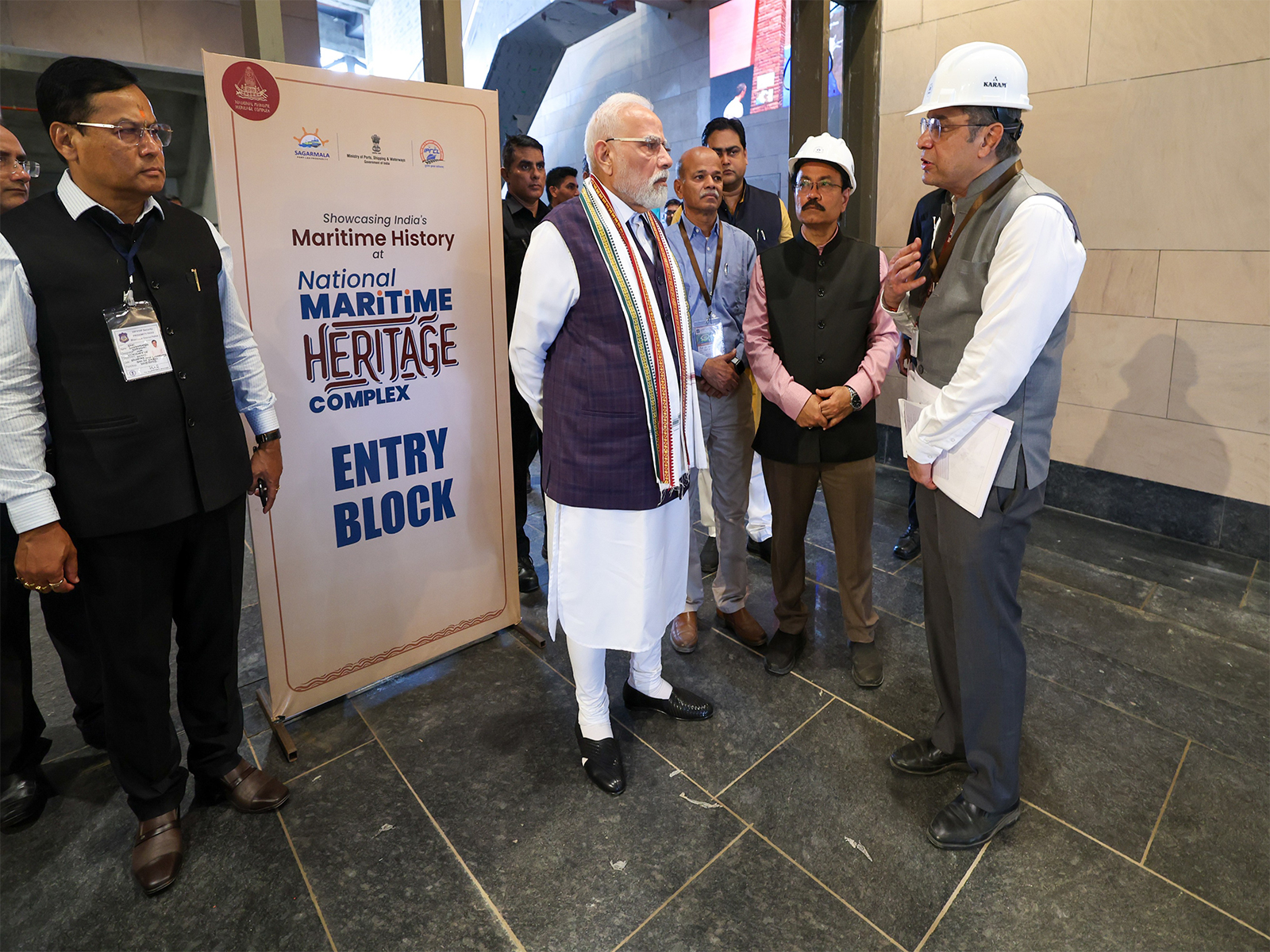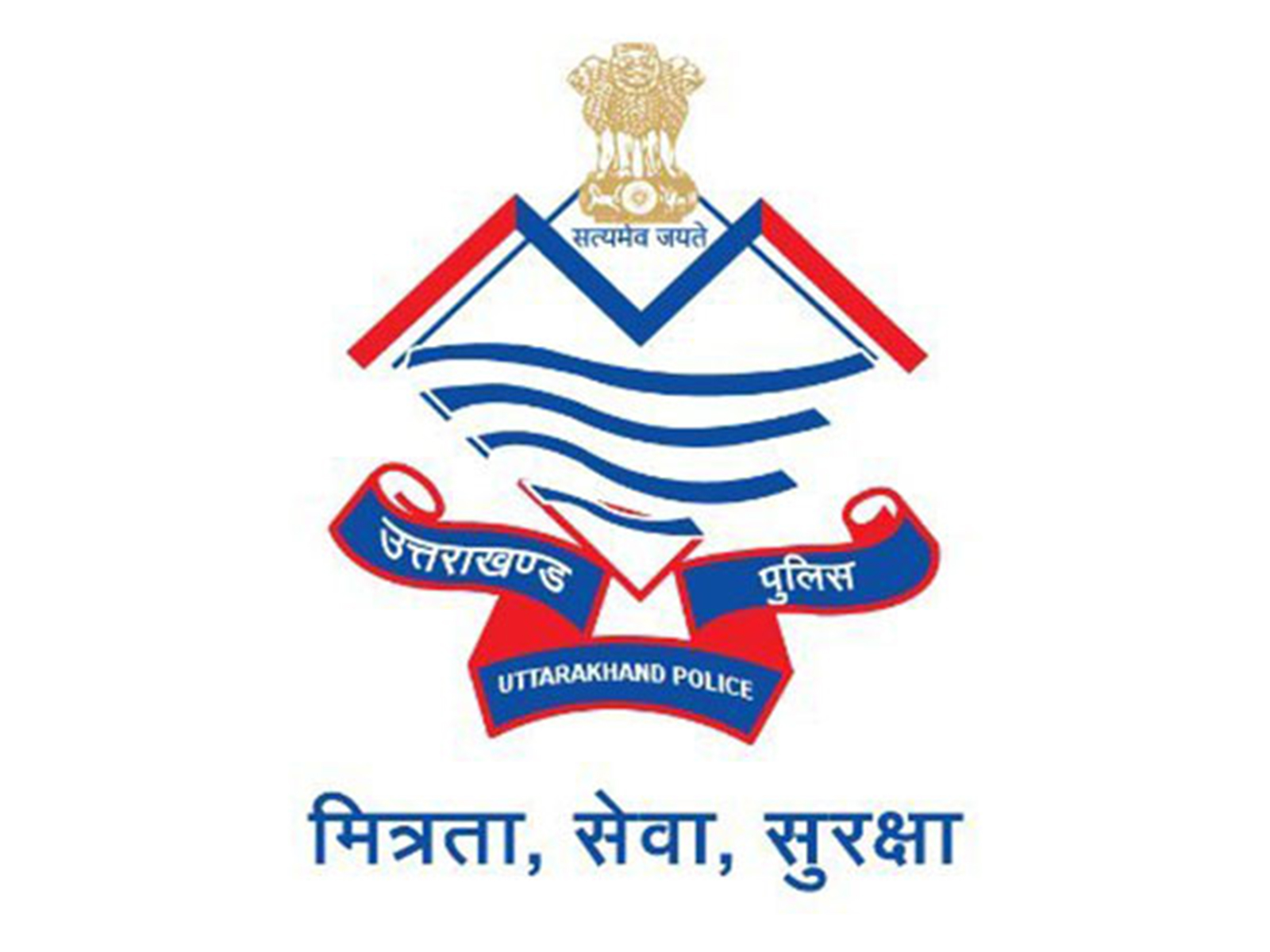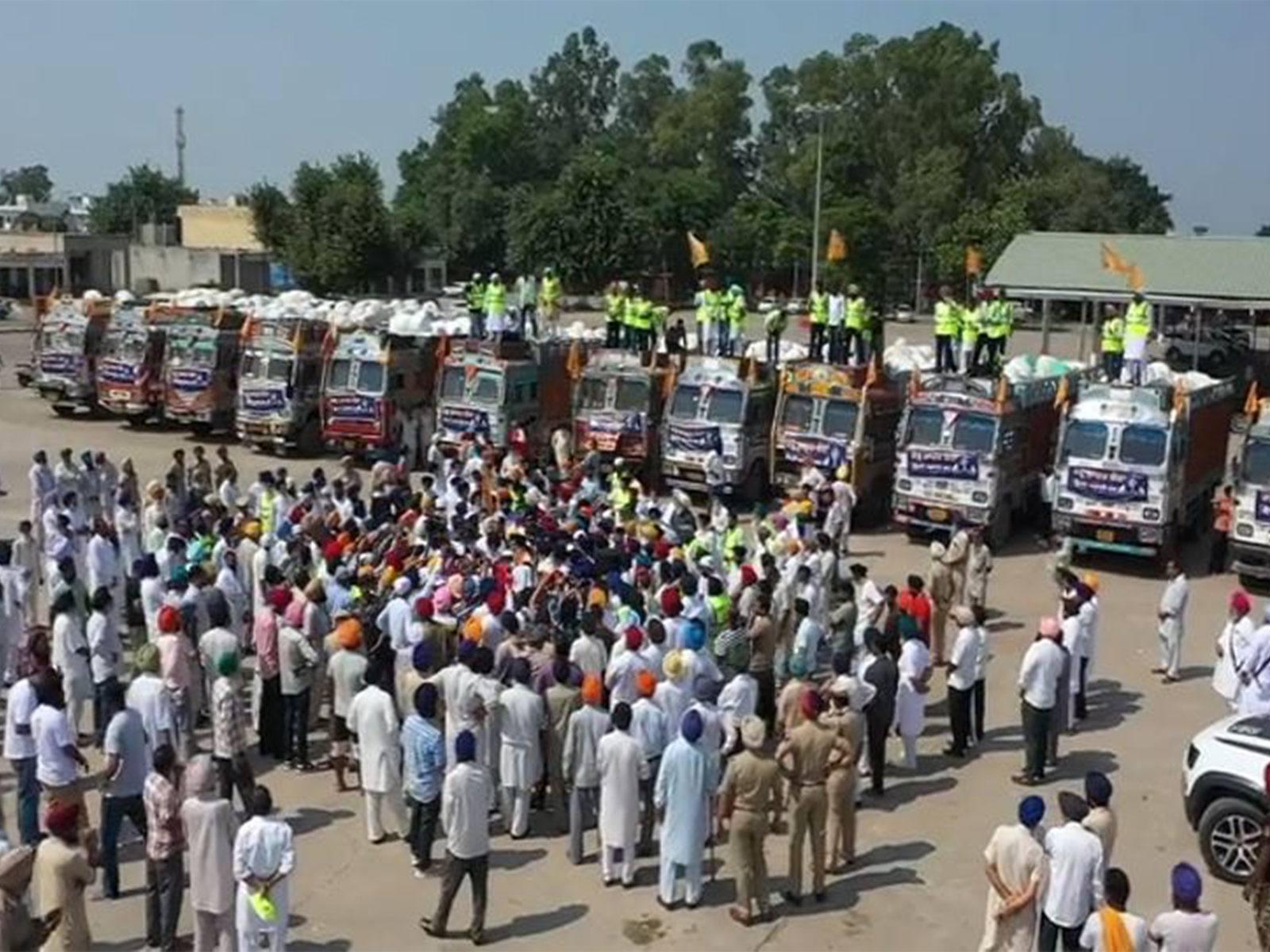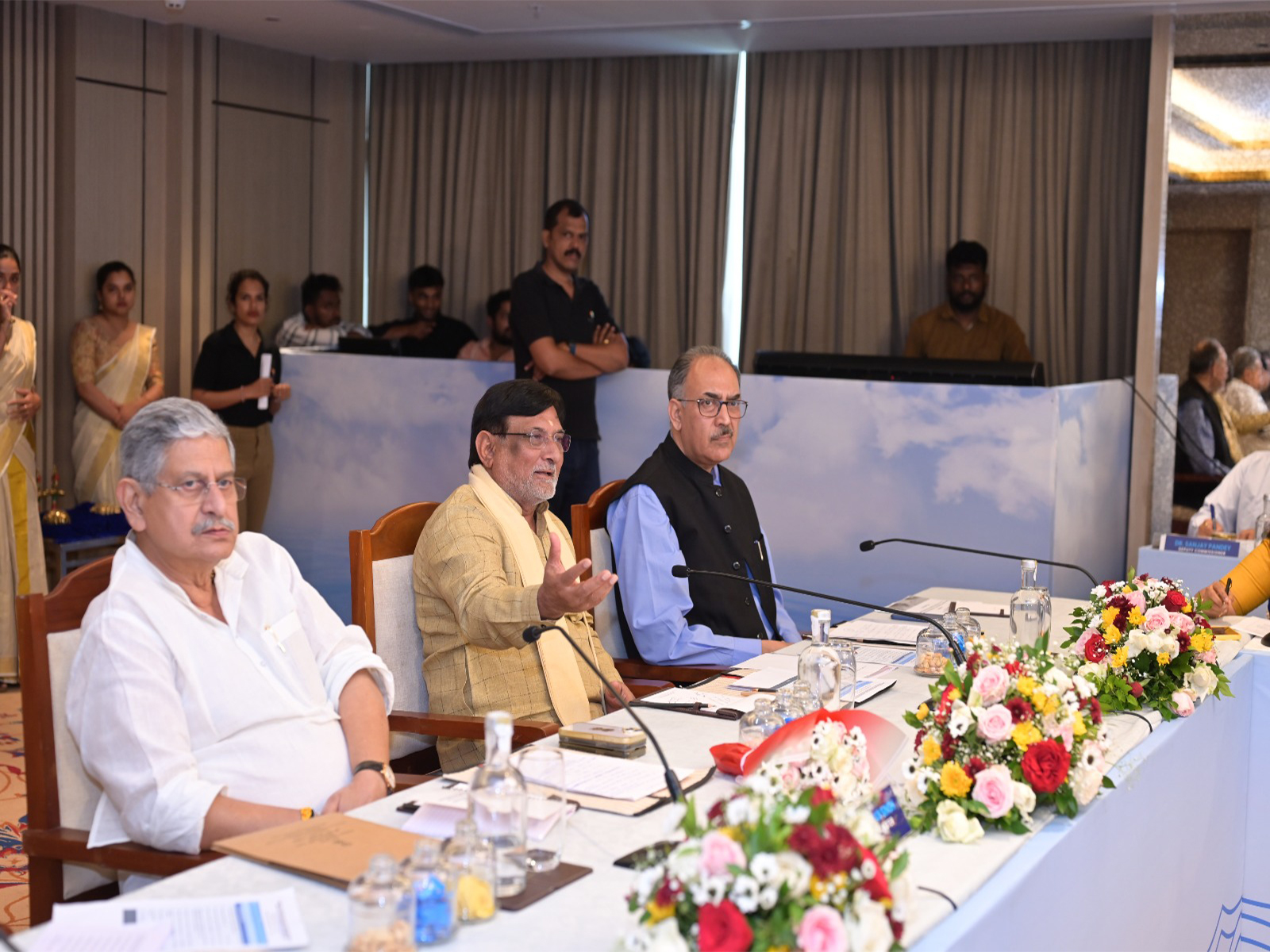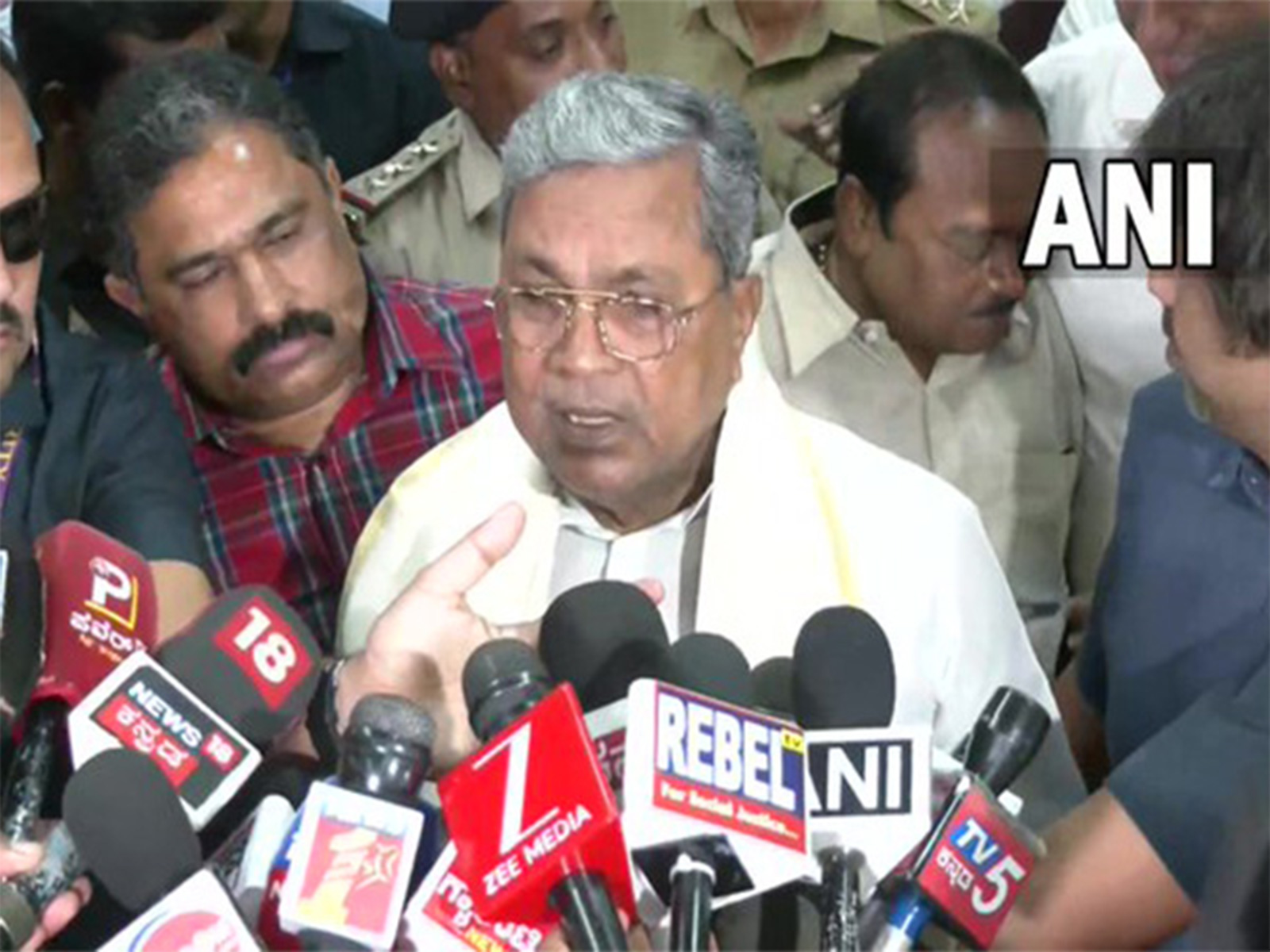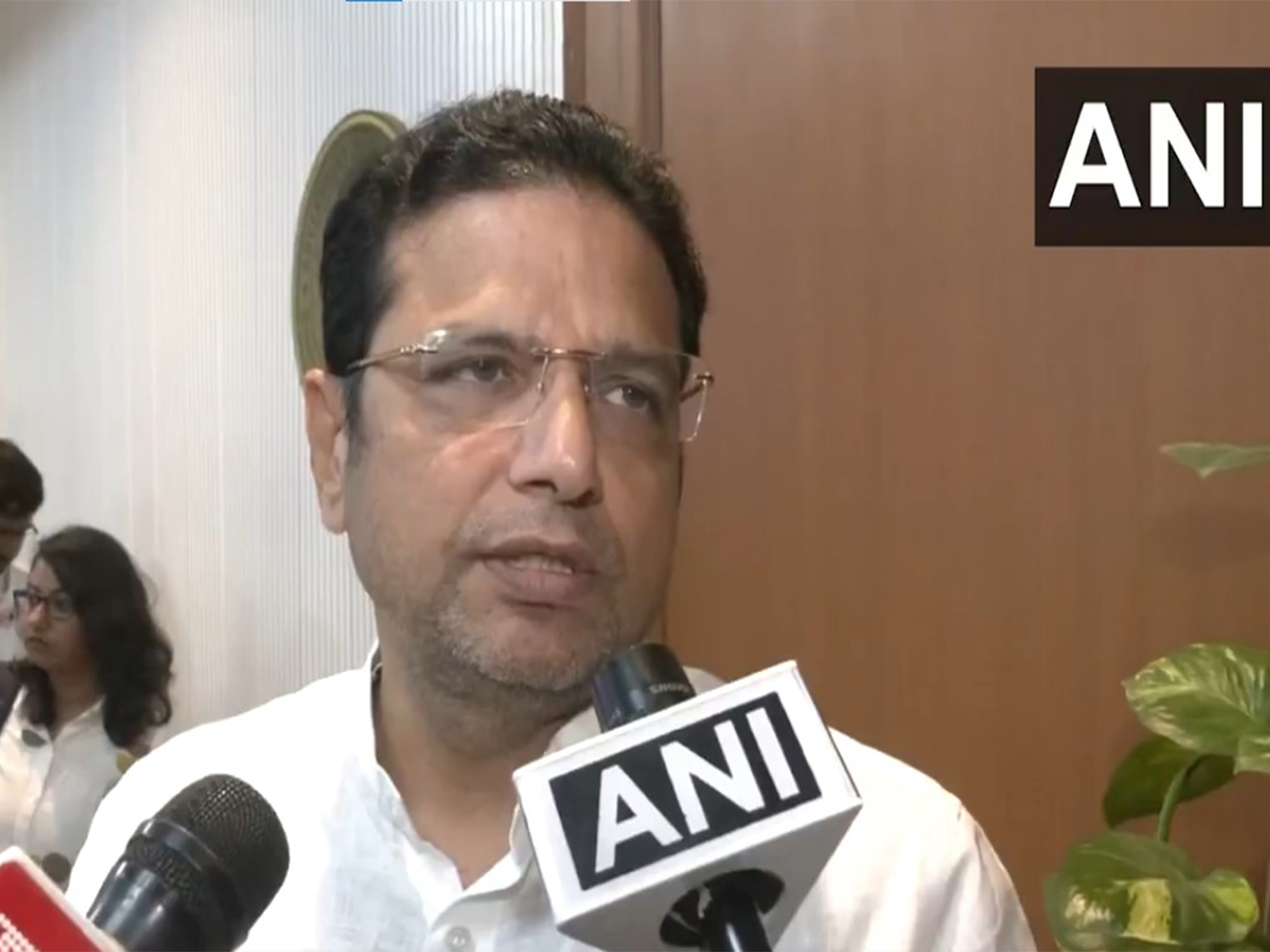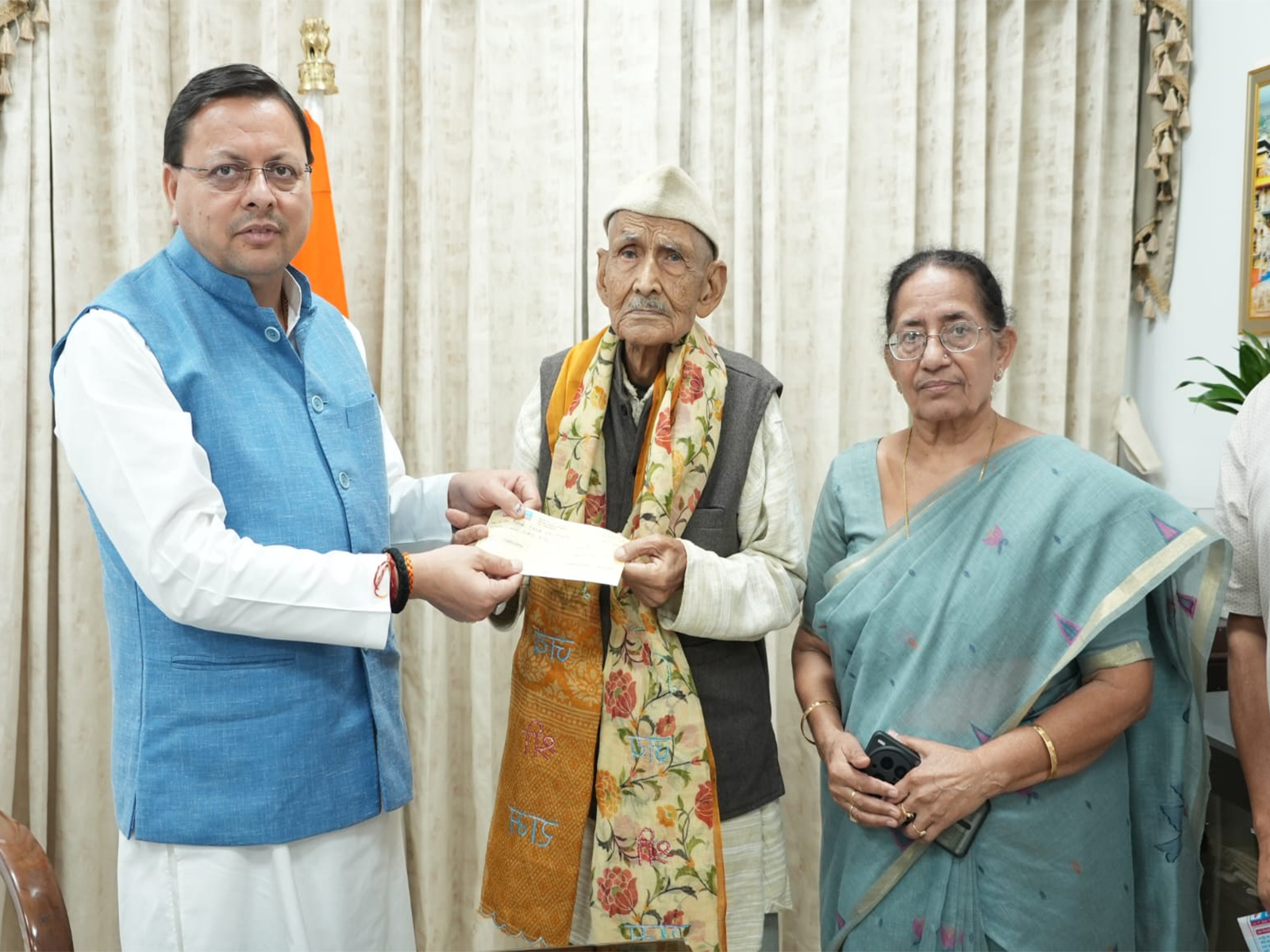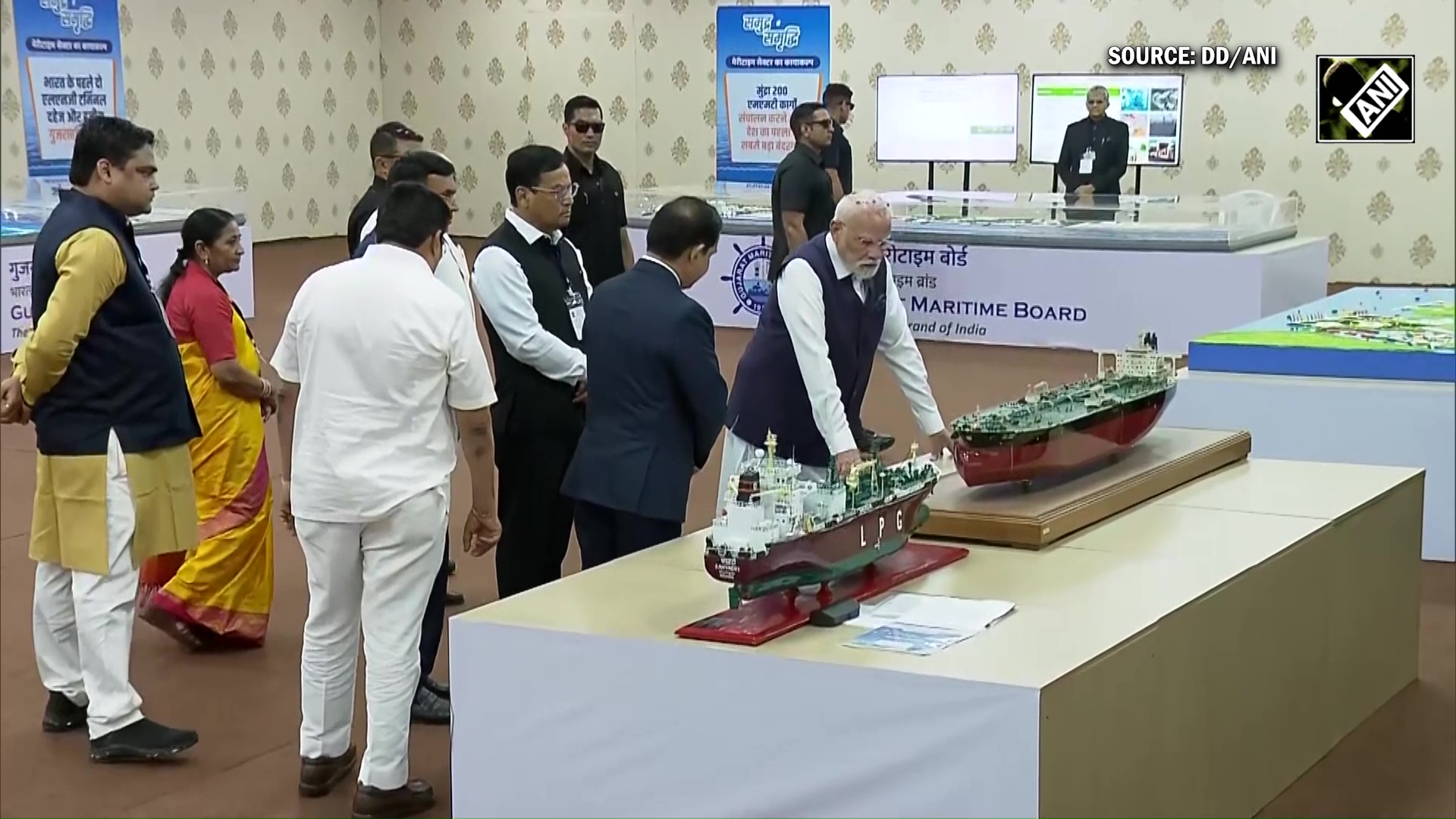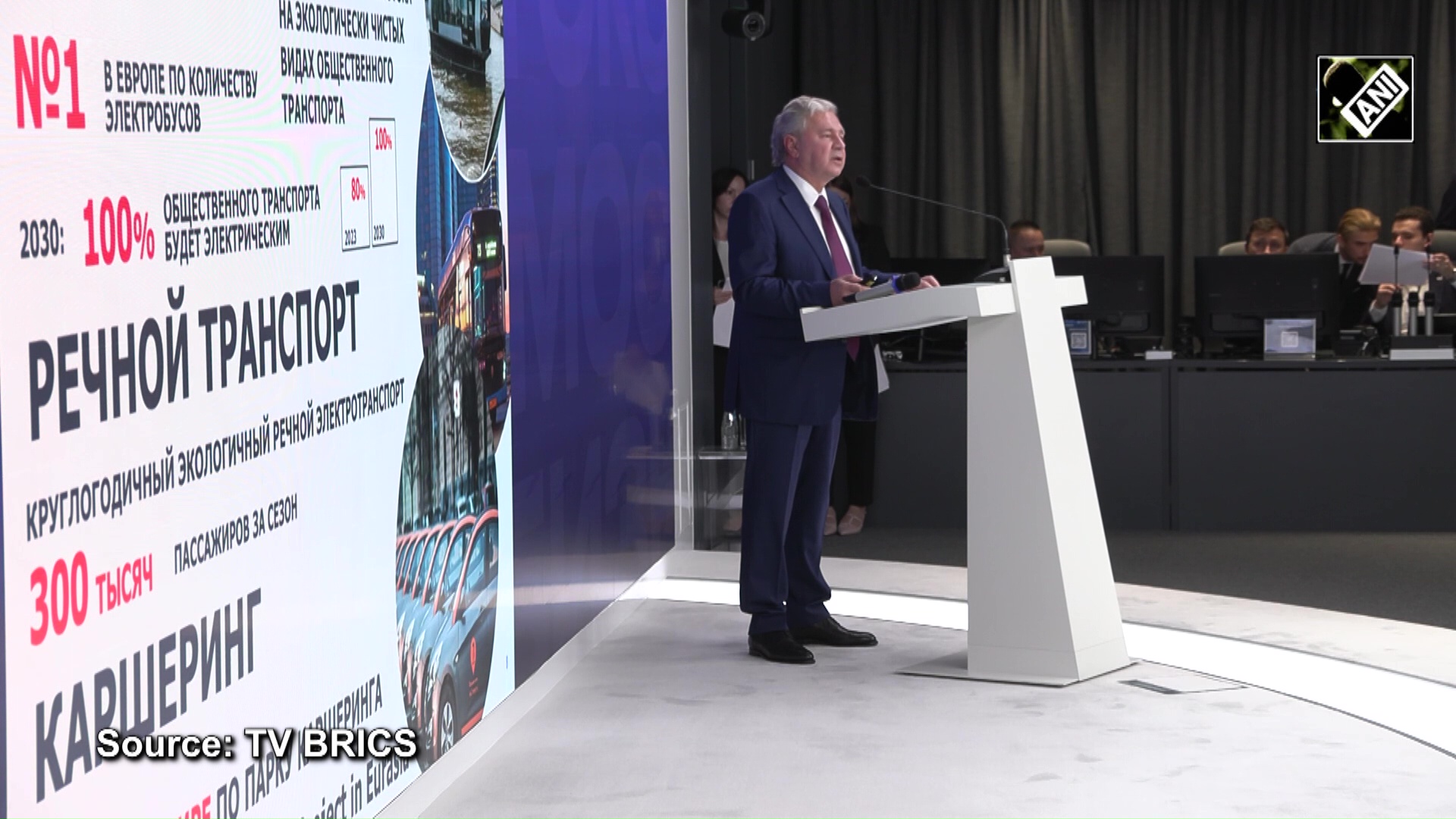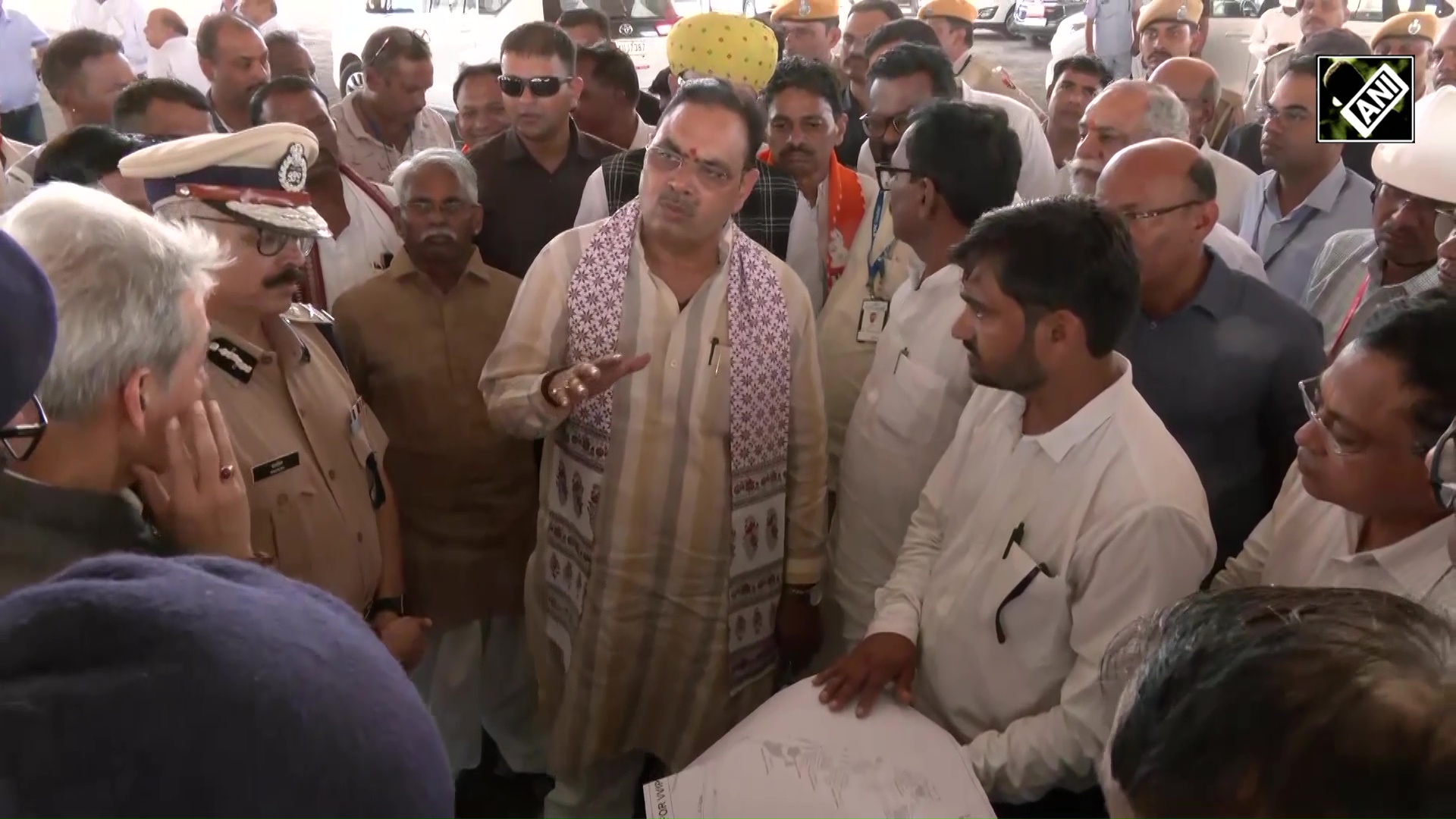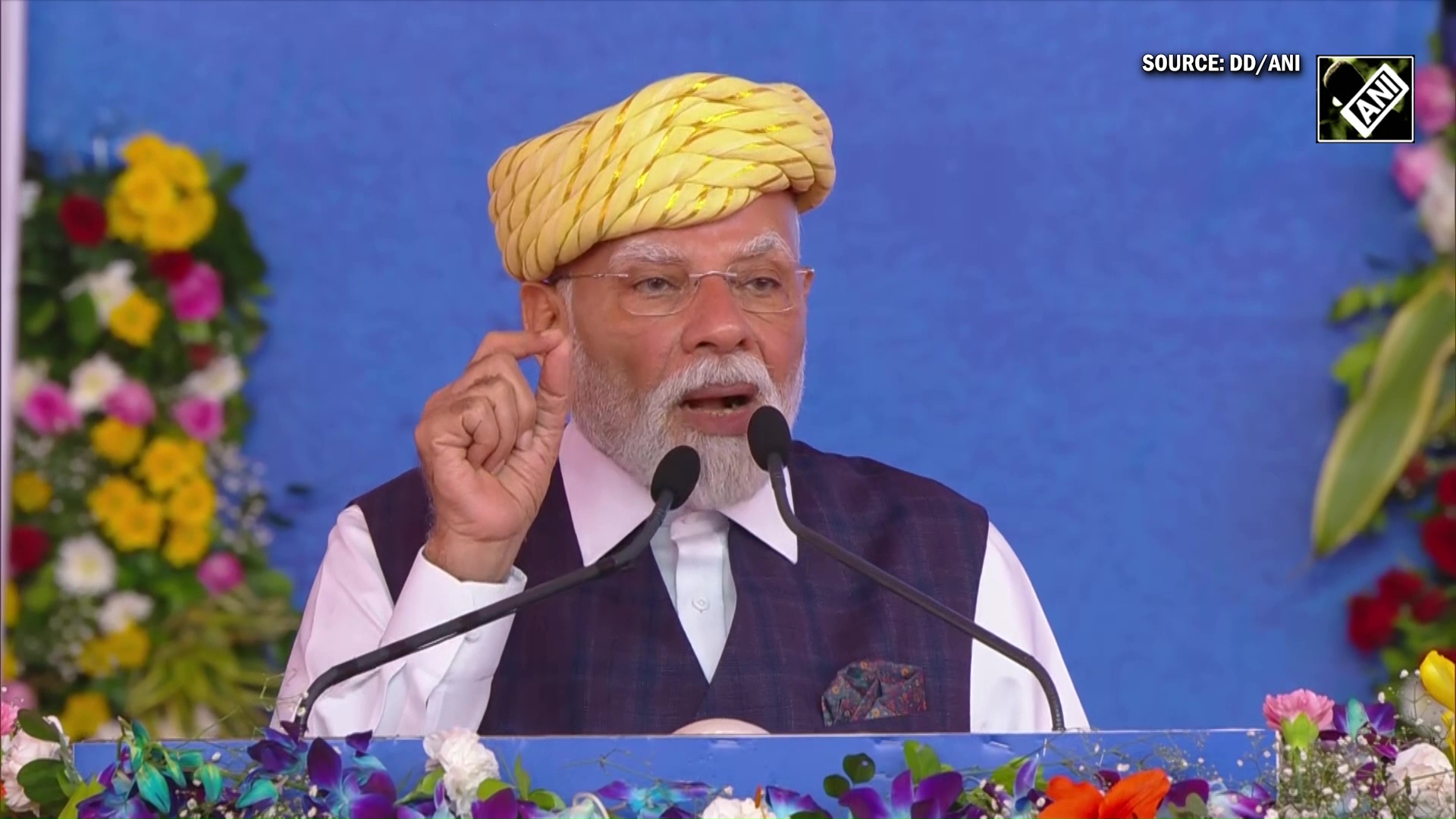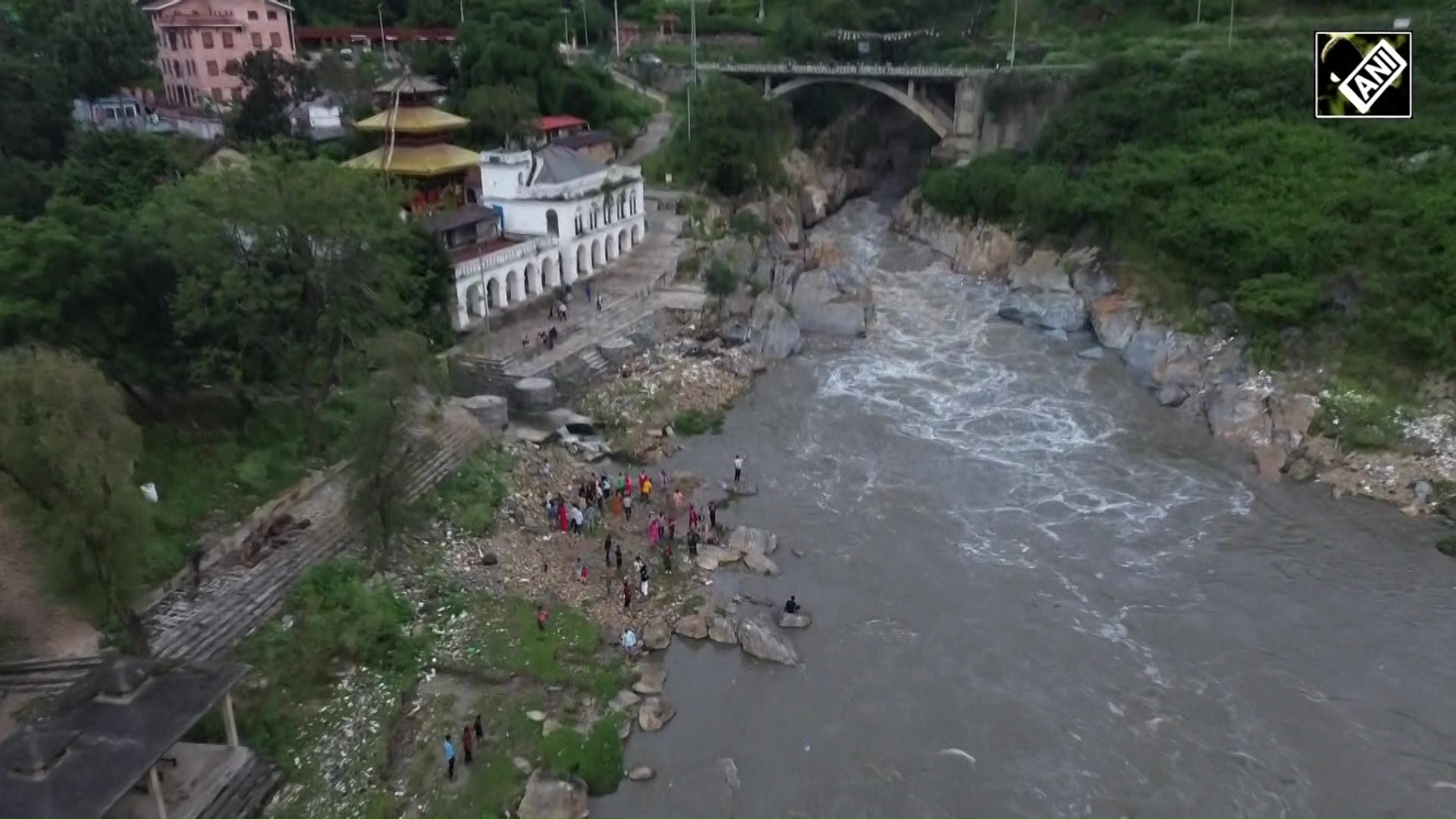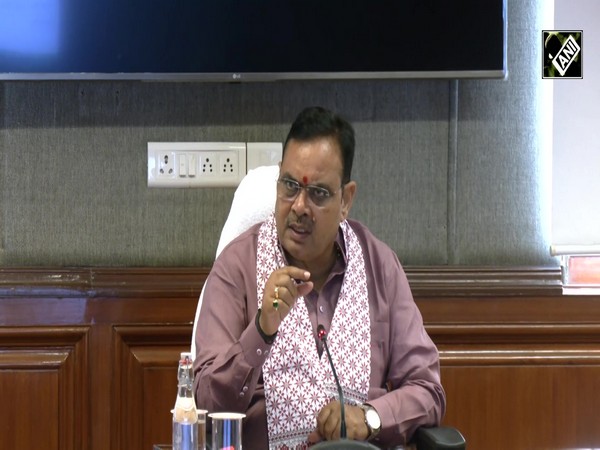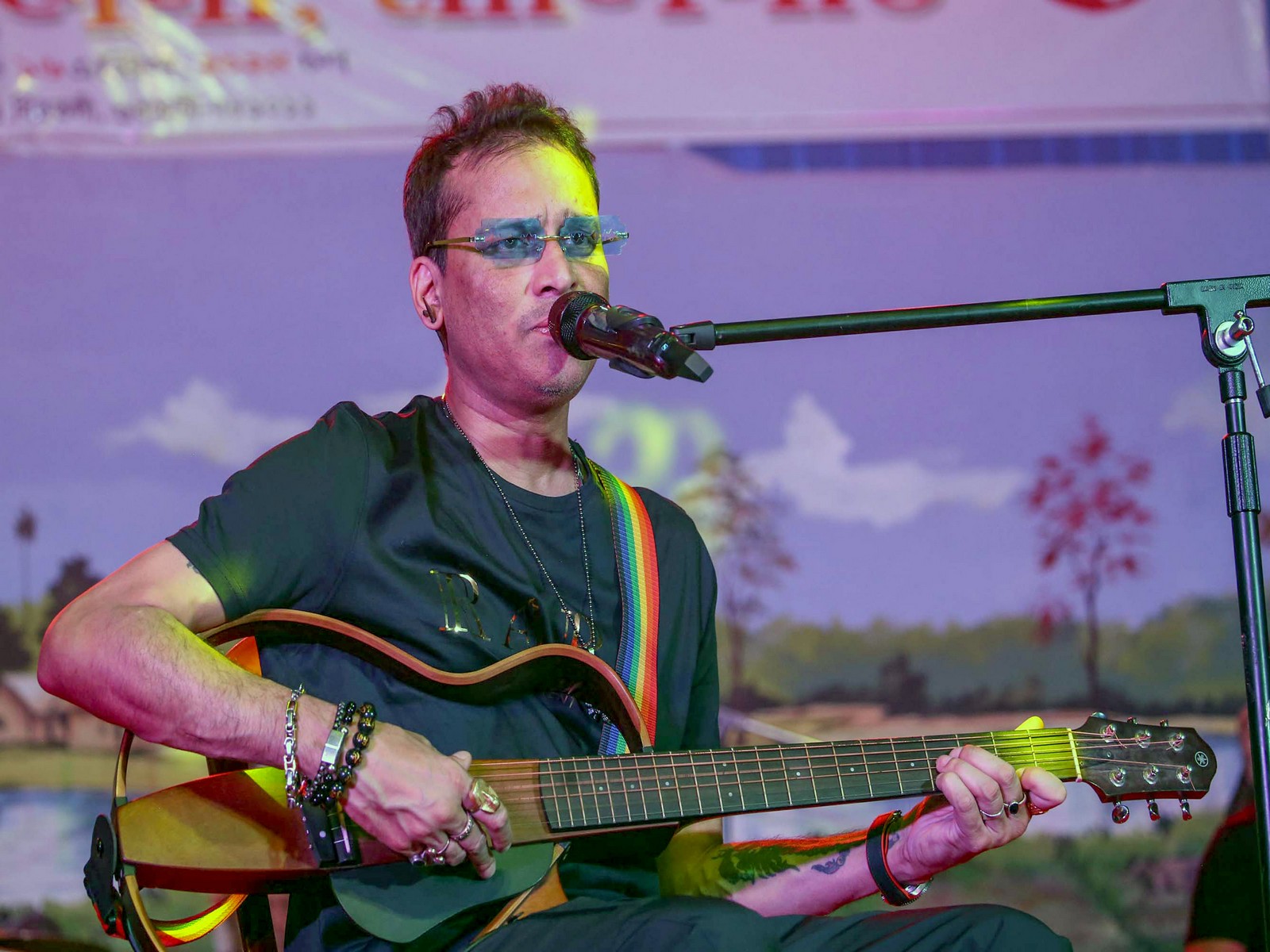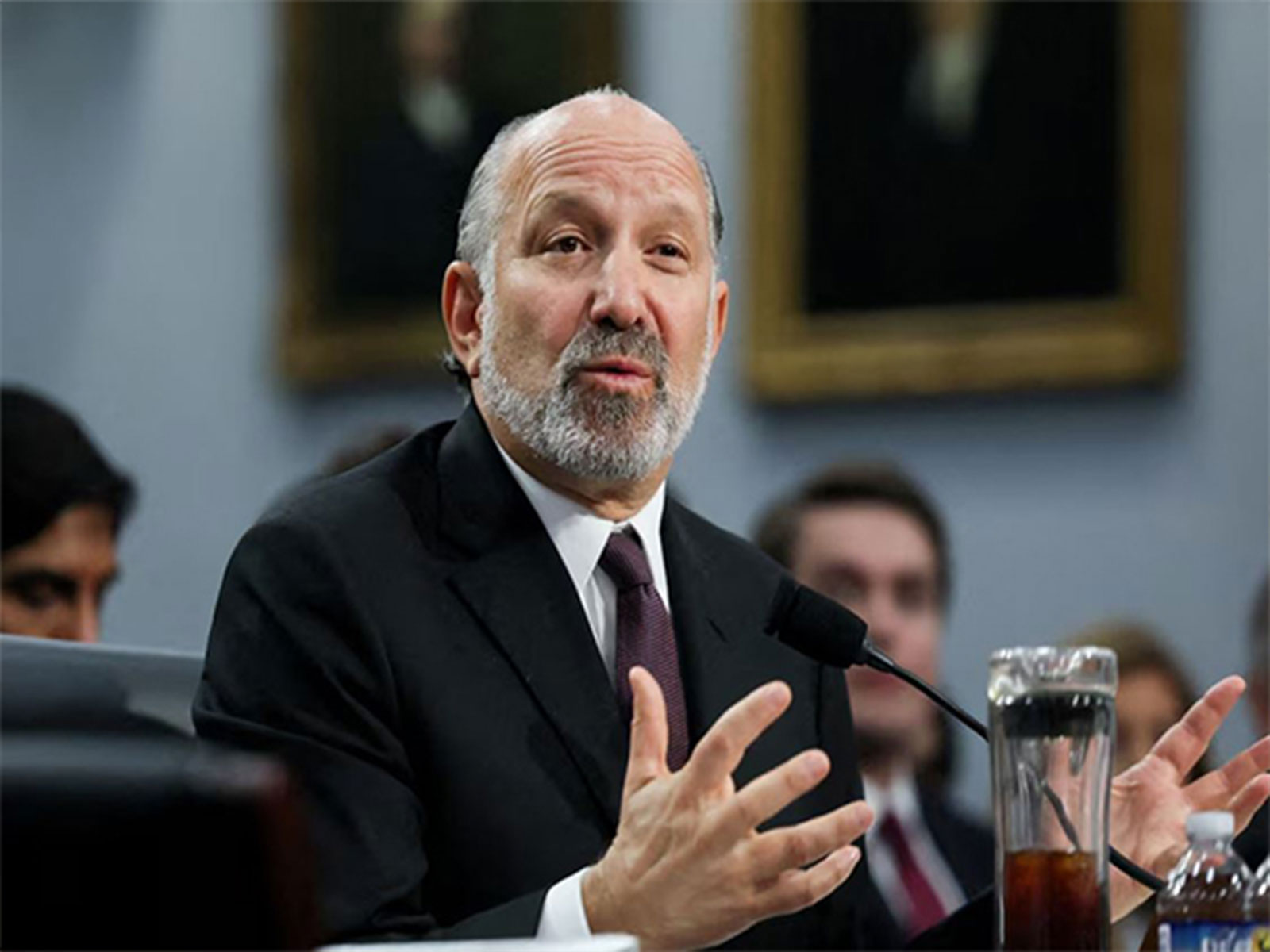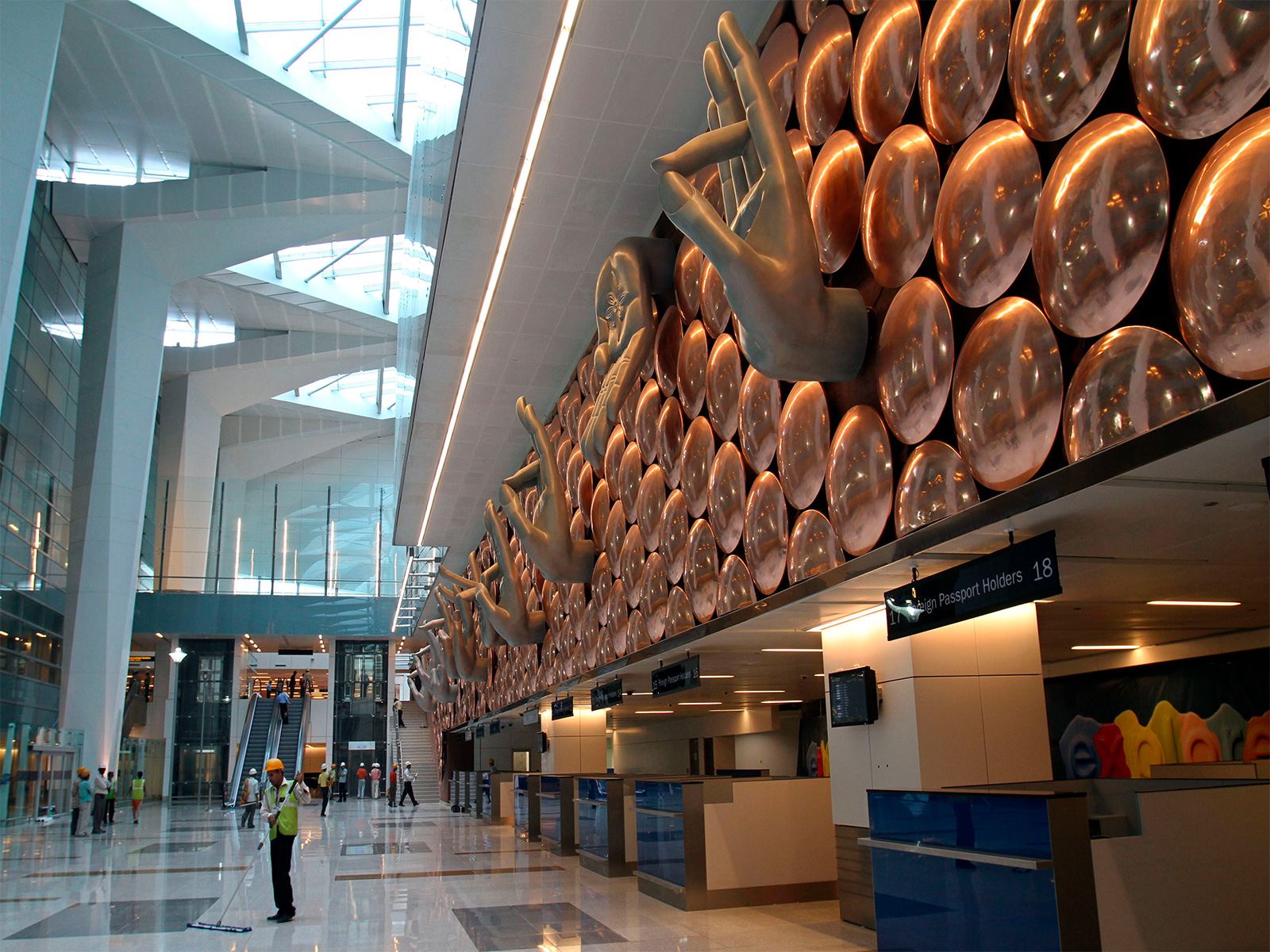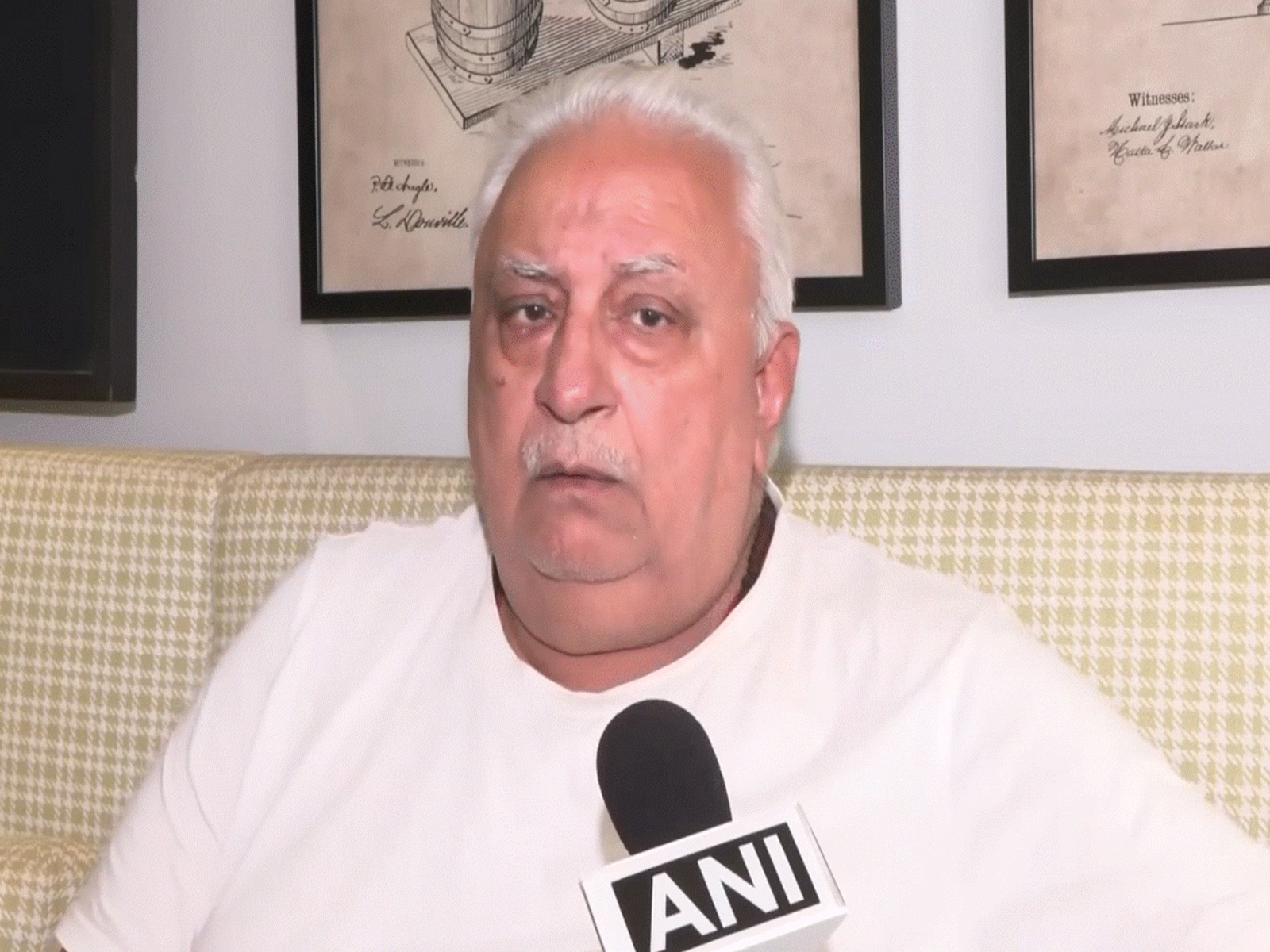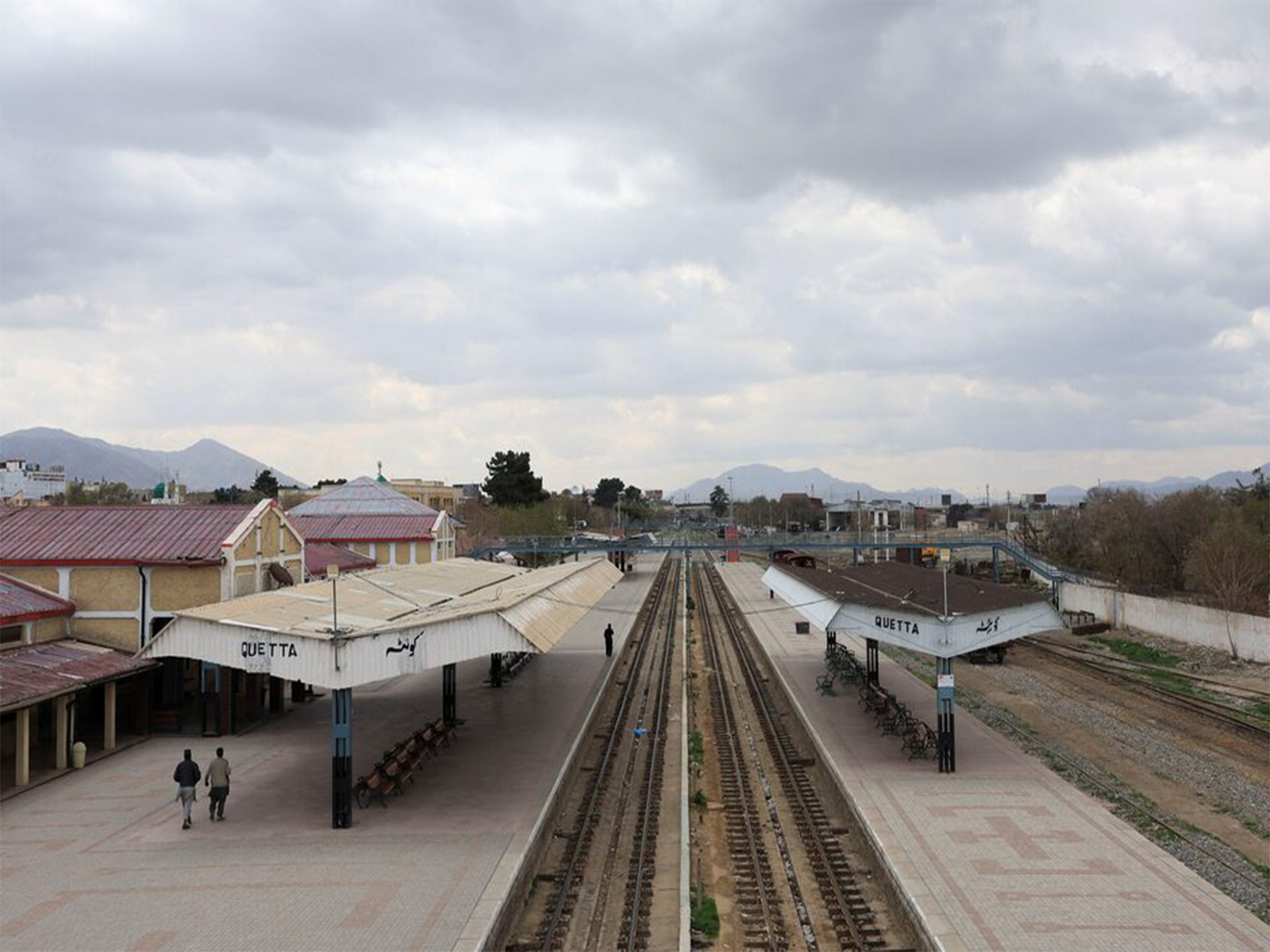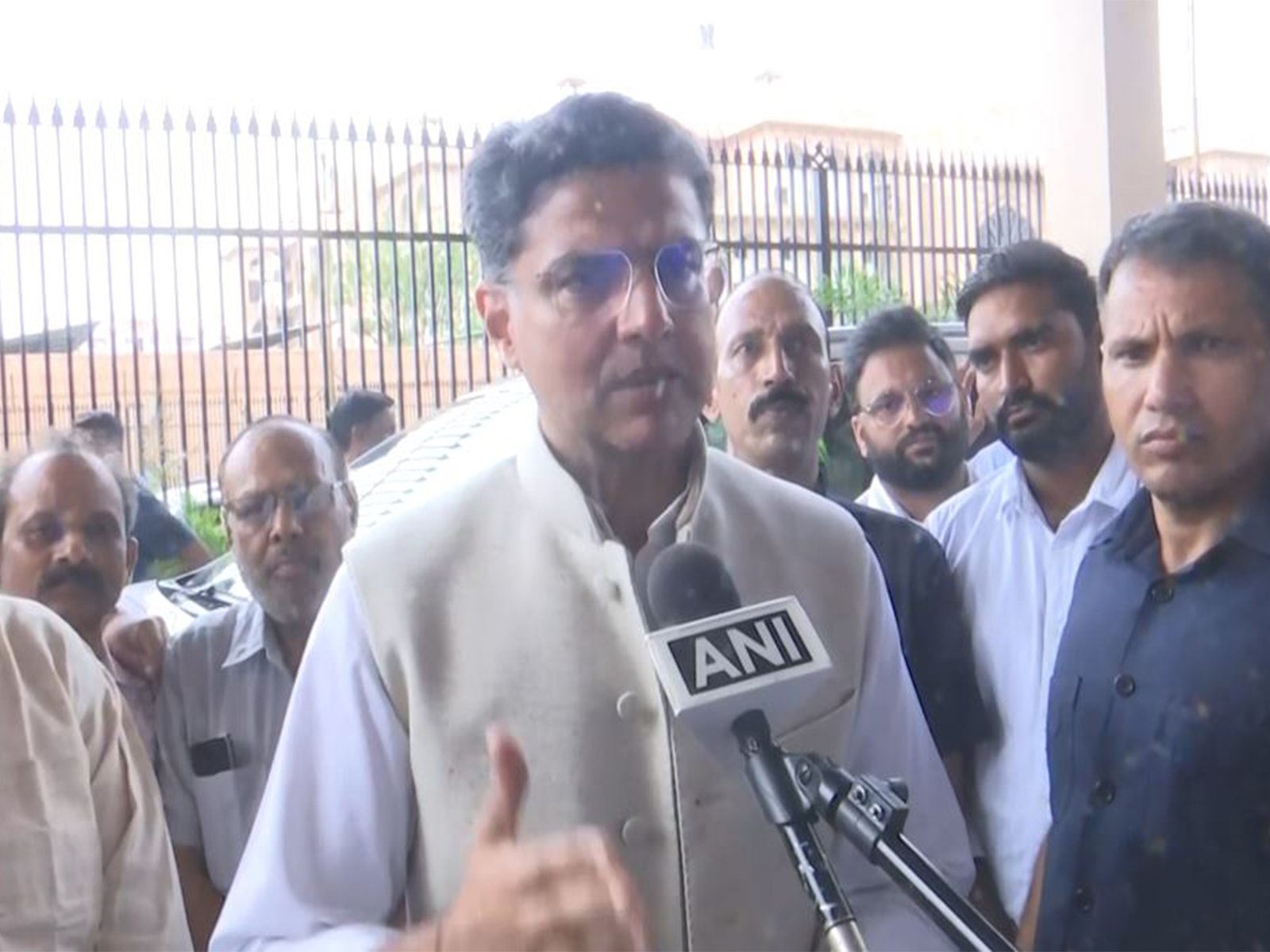
"Weakness of our diplomacy": Sachin Pilot slams government on US' H-1B visa move
Sep 20, 2025
Jaipur (Rajasthan) [India], September 20 : Congress leader Sachin Pilot on Saturday criticised the US move to impose USD 100,000 fee on H-1B visa applications and also targeted the Modi government, saying "unilateral actions are being taken and we are unable to do anything".
He said US moves also reflect "weakness of our diplomacy in some way".
"US is taking such steps again and again. Why is it doing this? It was said that the PM and the US President share a great friendship. But the highest tariff is being imposed on us. People are facing employment issues. With the announcement concerning H-1B visa, they want to target educated people who want to go out and work. If we are being suppressed in all manners, Govt of India should take strong steps...There is no need to fear anyone," he said.
"US might be a big country but such unilateral or negative actions are being taken and we are unable to do anything. This is a weakness of our diplomacy in some way," he added.
Earlier in the day, Congress leader Pawan Kumar Bansal warned that the United States risked isolating itself if it continued pursuing anti-immigration policies and imposing tariffs on other countries.
"Looking at their announcements, whether it is imposing tariffs, putting some restrictions, putting people in cuffs and flying them away, they (US) will become alone in the world like this...," Bansal told ANI.
He argued that the H1B visa programme had benefited American companies, which themselves sought Indian professionals for specialised workers.
"It is difficult to understand or comment on what is going on in his mind (US President Donald Trump). Till today, the big American companies have called us to work there; they say to come to us and work there. The companies need people for specialised jobs in IT, architecture, engineering, and medicine. If the employer sponsors the skilled labour here, who has studied at least till BA, then the application for H1B visa is taken," he said.
"Do they have that much confidence that they will do it themselves? That is beyond my understanding. I think that in the long run it will harm America too, in 6 months, one year," Bansal added.
Congress leader Manish Tewari also criticised the move, saying the US was "systematically turning on the screws on India" and that such decisions did not bode well for bilateral relations.
"If you look at it in context, the premature ceasefire announcement by the US at the instigation of Pakistan, subsequently, the felicitation and the fetting of the Pakistani Army chief in the White House, followed by the 50% tariffs which have been imposed by the US and even the Saudi-Pakistani defence partnership won't have happened without the tacit support and blessing of the US. So, in a very systematic manner, for reasons which are inexplicable and un-understandable, the US is deliberately being belligerent towards India, and it does not augur well for India-US relations," Tewari told ANI.
US President Donald Trump's new presidential proclamation titled "Restriction on Entry of Certain Nonimmigrant Workers", imposed a USD 100,000 annual fee on H-1B visa applications. The measure, effective from September 21, aims to combat what the administration calls widespread abuse of the H-1B programme, particularly by IT outsourcing firms accused of displacing American workers and suppressing wages.
The proclamation argues that the original purpose of H-1B, to bring in highly skilled foreign talent, has been distorted, with the administration claiming that low-wage, entry-level H-1B hires have harmed American graduates and also highlights national security concerns, pointing to investigations into visa fraud and money laundering involving companies that rely heavily on the programme.
As per the order, employers must now provide proof of payment when filing H-1B petitions, with enforcement overseen by the US Departments of State and Homeland Security. Limited exemptions are available for cases deemed in the national interest.
This rise in Visa costs are likely to hit the tech cost arbitrage model where Indian software engineers and other talent were working onsite in the US, but could see the rise of Global Capability Centres (GCCs) in India.
